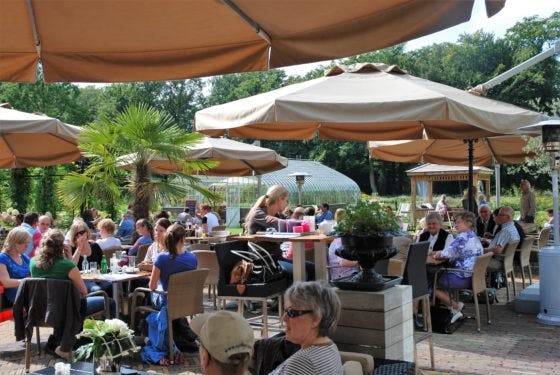At Nevis Bank, a 37-bedroom hotel with five cottages and eight apartments in Fort William, Inverness-shire, general manager Erwin Weiss said its rates went up by around 20% to £36,000 in 2000. He has appealed against the rise.The hotel turns over about £800,000. Weiss said: "Any investment has had to be curtailed, which puts you at a disadvantage. There should be more support for tourism, particularly in the Highlands. If the fishing industry goes down, tourism is the only thing left."The system of calculating business rates is different in Scotland. The FPB claims that the discrepancy arises because rateable values for hotels and pubs in Scotland are based partly on turnover rather than, as in England, the property's rental value.Jean Urquhart, owner of the Ceilidh Place, a 24-bedroom hotel in Ullapool, Cromarty, said her rates jumped from £5,800 to £24,500 in 1985, the first year the hotel was open all year round. Turnover increased, but all extra profit went to pay higher rates, which now stand at £49,000 despite no physical changes to the business since 1983.High rates force many rural hotels to close from October to March. But at the same time, tourism chiefs want to increase off-peak trade."It's rather difficult for [tourism board] VisitScotland to send out a 'Come to Scotland for New Year' message when anything north of Perth is closed," Urquhart said. "We have to be competitive and it's desperately unfair."
Scotland's rural hotels suffering under higher business rates
Higher business rates in Scotland are putting rural hotels at a competitive disadvantage to their counterparts south of the border, according to new research by the Forum for Private Business (FPB) in Scotland.Bill Anderson, campaigns manager for FPB Scotland, said rural hotels may have been paying as much as 23% more than their English and Welsh equivalents since their businesses were last evaluated in 2000.He has called for the Scottish finance and tourism ministers to address the problem by harmonising the way business rates are calculated across the UK.
Vacatures
Het beste van Misset Horeca in je mail
Volg het laatste horecanieuws en krijg praktische handvatten, antwoorden op ondernemersvragen en inspiratie van collega-ondernemers.




